Humans
Sign up for our newsletter
We summarize the week's scientific breakthroughs every Thursday.
-
 Neuroscience
NeuroscienceThe need to feed and eating for pleasure are inextricably linked
Scientists used to think that the hunger and the pleasure from food could be easily distinguished. But new results show these systems are inextricably intertwined.
-
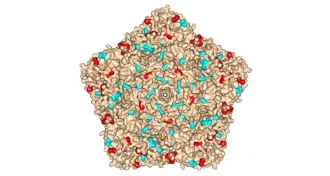 Health & Medicine
Health & MedicineVaccinated man excretes live poliovirus for nearly 3 decades
For almost 30 years, a man with an immune deficiency has been shedding poliovirus strains that have evolved from the version he received in a vaccine.
-
 Psychology
PsychologyPsychology results evaporate upon further review
Less than half of psychology findings get reproduced on second tries, a study finds.
By Bruce Bower -
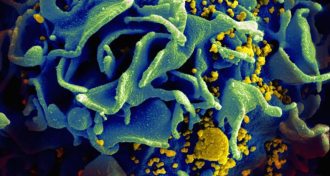 Health & Medicine
Health & MedicineEarlier is better for HIV treatment
People infected with HIV benefit from starting a drug regimen early, an international study finds.
By Nathan Seppa -
 Humans
HumansMoon bounces, bad spider leaders and more reader feedback
Readers debate faith's role in evolution, compare politicians to spiders and more.
-
 Health & Medicine
Health & MedicineBlood test can predict breast cancer relapse
Blood tests for breast cancer DNA can predict relapse.
-
 Health & Medicine
Health & MedicineVirus closely related to hepatitis A discovered in seals
Scientists have discovered a relative of the hepatitis A virus in seals.
-
 Neuroscience
NeuroscienceAltered protein makes mice smarter
By tweaking a single gene, scientists have turned average mice into supersmart daredevils.
-
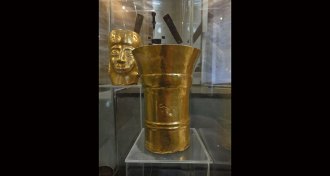 Anthropology
AnthropologyChilean desert cemetery tells tale of ancient trade specialists
Burial site holds clues to ancient trade brokers in Chilean desert.
By Bruce Bower -
 Science & Society
Science & SocietyA bot, not a Kardashian, probably wrote that e-cig tweet
Some 80 percent of recent e-cigarette-related tweets were promotional in nature, raising concerns that the positive spin is targeting a young audience.
-
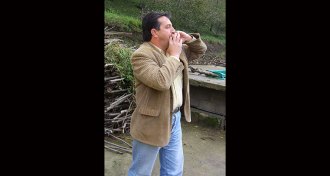 Neuroscience
NeuroscienceWhistled language uses both sides of the brain
Unlike spoken words, language made of whistles processed by both sides of the brain.
-
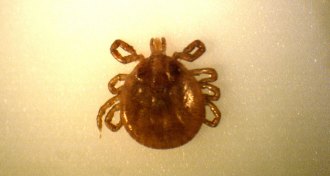 Health & Medicine
Health & MedicineFive reasons to not totally panic about ticks and Lyme disease
We’ve been trained to panic about tick bites and Lyme disease. There are risks to both — and here are some key facts.
By Meghan Rosen